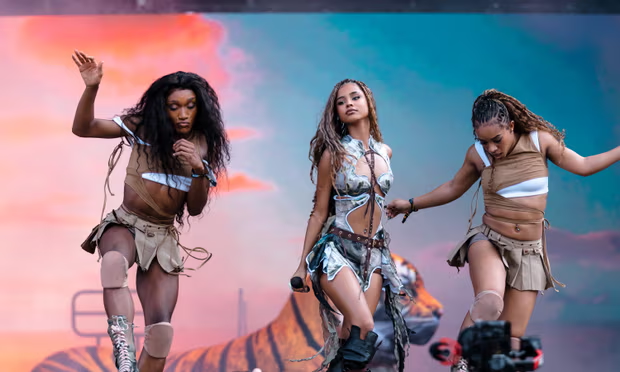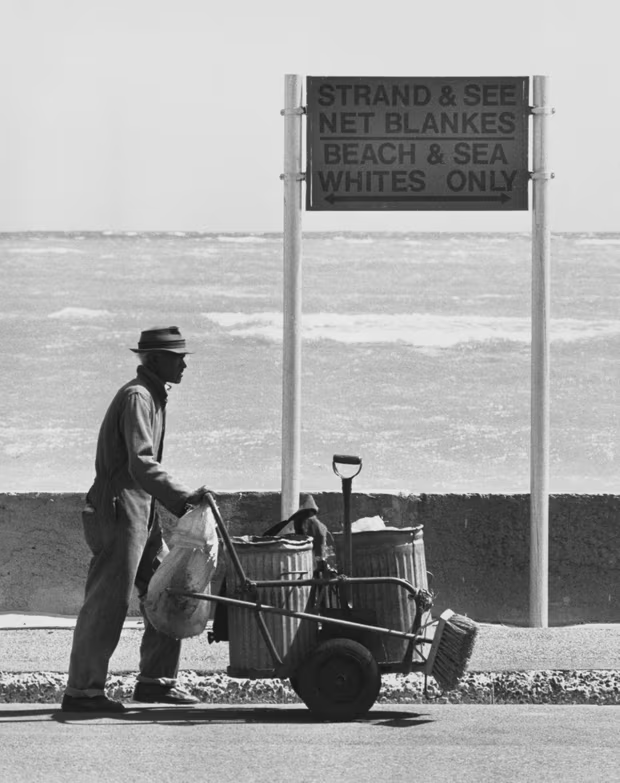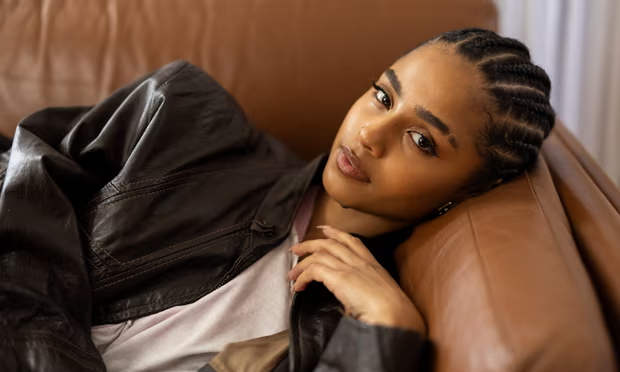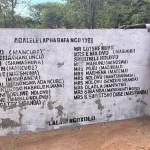When Tyla exploded on to the global music scene with her hit song Water, the South African singer did not just gain attention for her silky R&B vocals and viral dance moves. Tyla’s proud description of herself as “Coloured” has also caused controversy, particularly in the US, where the word has a painful racist history and is no longer in use.
The debates have highlighted the difficulties of discussing and dealing with often hyperlocal racism and identity issues in a globalised world, with words that can be deeply offensive in some countries reclaimed with pride in others.
Many Black and Coloured South Africans have stepped in online to defend the Grammy-winning singer’s right to define her own identity. At the same time, younger Coloured South Africans are exploring the complexities of a category that was entrenched by apartheid but has developed into a distinct culture.
The 1950 Population Registration Act forced all South Africans to register as “native”, “Coloured” or “white”, with “Asian” added later. Those bludgeoned together as “Coloured” included indigenous Khoi and San people, the descendants of enslaved people from other parts of Africa, Indonesia and Malaysia, and families with mixed-race heritage.
It was a strategy to divide and rule Coloured and Black South Africans, with the apartheid regime doling out slightly better jobs, houses and other benefits to Coloured people. Even today, many Coloured South Africans continue to reject being called Black.
South Africa’s apartheid policies corralled people into Coloured-only townships who had been assigned the identity at the stroke of a bureaucrat’s pen, after demeaning assessments of their skin colour, facial features, hair, language and cultural practices.

From that displacement, which tore apart countless families, a culture has developed, from unique music and humour to food such as koe’sisters – syrup-drenched dough balls served warm, infused with spices and rolled in coconut – and huge Gatsby sandwiches stuffed with chips and meat.
On TikTok in 2020, Tyla, who has Zulu, Irish and Mauritian-Indian heritage, posted a video of herself twisting her hair into a traditional African style. “I’m a Coloured South African,” she wrote in the text posted over the video. “Which means I come from a lot of different cultures … I’m exploring my African heritage by wearing Bantu knots.”
In late 2023, as Water soared up the US charts, many Black Americans online said they would never refer to the 22-year-old as Coloured, with one X user describing it as “traumatizing”.
In June, when interviewing Tyla in the studio, the US radio DJ Charlamagne tha God asked her to explain the “debates that they be having about your identity”, the 22-year-old refused to answer.
In a statement posted online later that day, she said: “I don’t expect to be identified as Coloured outside of [South Africa] by anyone not comfortable doing so because I understand the weight of that word outside [South Africa]. But to close this conversation, I’m both Coloured in South Africa and a Black woman.”
In June, when interviewing Tyla in the studio, the US radio DJ Charlamagne tha God asked her to explain the “debates that they be having about your identity”, the 22-year-old refused to answer.
In a statement posted online later that day, she said: “I don’t expect to be identified as Coloured outside of [South Africa] by anyone not comfortable doing so because I understand the weight of that word outside [South Africa]. But to close this conversation, I’m both Coloured in South Africa and a Black woman.”

Since apartheid ended, disillusionment has festered in historically Coloured communities such as the Cape Flats townships, according to the jazz musician Benjamin Jephta, noting the high rates of gang crime, incarceration and school dropouts.
“In many ways, yes, you’re not Black enough, not white enough, but then Coloured people themselves are caught up in this mentality that they struggle to break free from,” said the 32-year-old, whose latest album, Born Coloured, not Born-Free, explores these dynamics.
While Coloured people were not monolithic, many shared the struggle of discussing their heritage with older relatives, said Jamil Khan, who is researching Coloured identities for a PhD in critical diversity studies at the University of the Witwatersrand.
“A thing that people with enslaved heritage share is shame and silence around that history,” said Khan, 35, whose ancestors were enslaved people from south-east Asia.
Chutel said a heartening result of Americans’ interrogation of Tyla’s identity had been observing Black South Africans defending her.
“There has been historic animosity between the two groups, and that’s because of that division created by apartheid,” she said. “When Black South Africans stood up for Tyla in that way, it told me that we are beginning to create a more unified understanding of who we are as South Africans.”














